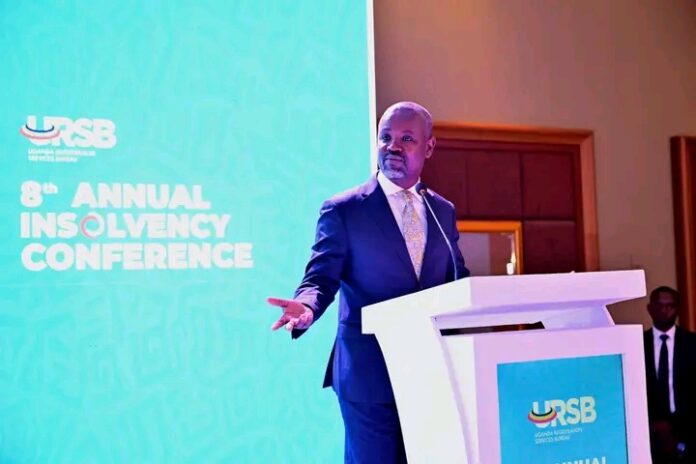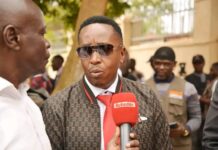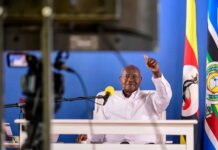Deputy Speaker of Parliament Thomas Tayebwa has firmly denied reports that Members of Parliament each received Shs100 million from President Yoweri Museveni.
The alleged payments were rumored to be rewards for supporting the controversial Coffee Amendment Bill and as an incentive ahead of the upcoming UPDF Amendment Act.
Presiding over a parliamentary session on Wednesday, Tayebwa dismissed the claims as baseless rumors, referring to them as mere “street talk.” He warned fellow MPs against giving legitimacy to such unverified information.
“I have not received even a coin, nor has anyone contacted me with claims that they have my money. But if anyone does, please bring it to me.Parliament has not approved any item labeled as a donation from the president to MPs.” Tayebwa stated.
He also criticized what he described as irresponsible leaks to the media, warning that such behavior threatens the credibility of the entire Parliament.
The allegations gained traction after Leader of the Opposition Joel Ssenyonyi, currently abroad, shared a video allegedly showing MPs collecting the money. Ssenyonyi also warned that lawmakers who accepted the cash would be held accountable.
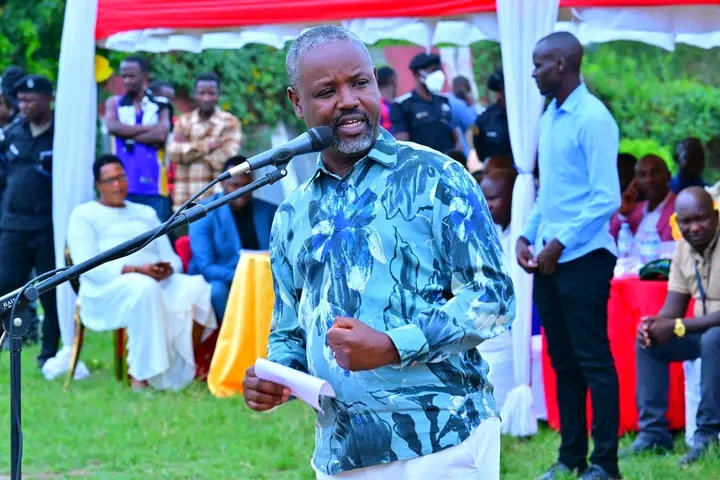
“Signing the commitment to reject the money is just the first step. But for those who already took it, they will eventually face consequences,” Tayebwa said.
According to reports, the alleged payout may have involved all 529 MPs, sparking public concern over the origin and legality of the funds.
Several opposition legislators—from parties such as the Democratic Party (DP), Forum for Democratic Change (FDC), Uganda People’s Congress (UPC), Justice Forum (JEEMA), People’s Progressive Party (PPP), and the National Unity Platform (NUP)—along with some independent MPs, are suspected to have accepted the money.
Ssenyonyi confirmed that investigations are ongoing and promised accountability.
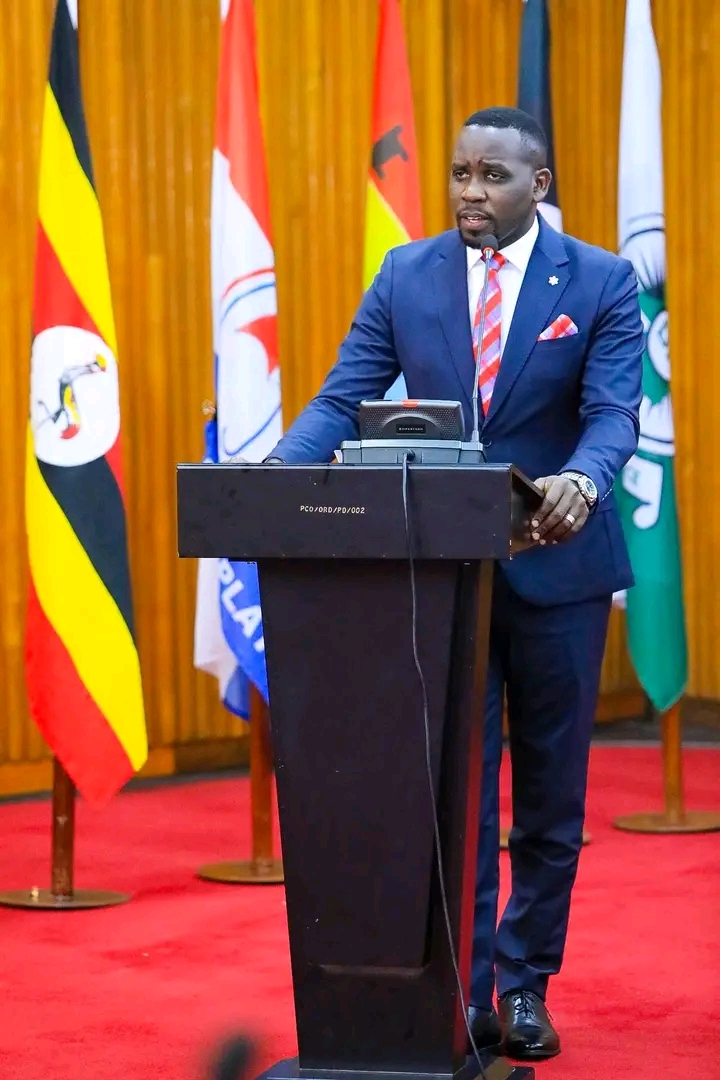
“We are actively collecting evidence, and we’ll ensure that anyone found to have taken the funds is held responsible,” he added.
The controversy is reminiscent of a similar scandal last year, when MPs allegedly received Shs40 million each, prompting NUP leader Robert Kyagulanyi to demand the return of the funds by party members.
Calls for transparency and accountability in the use of public funds have intensified, and this latest scandal has only heightened public scrutiny of Parliament’s spending practices.
As investigations continue, the debate over government cash handouts to lawmakers shows no sign of slowing down.


